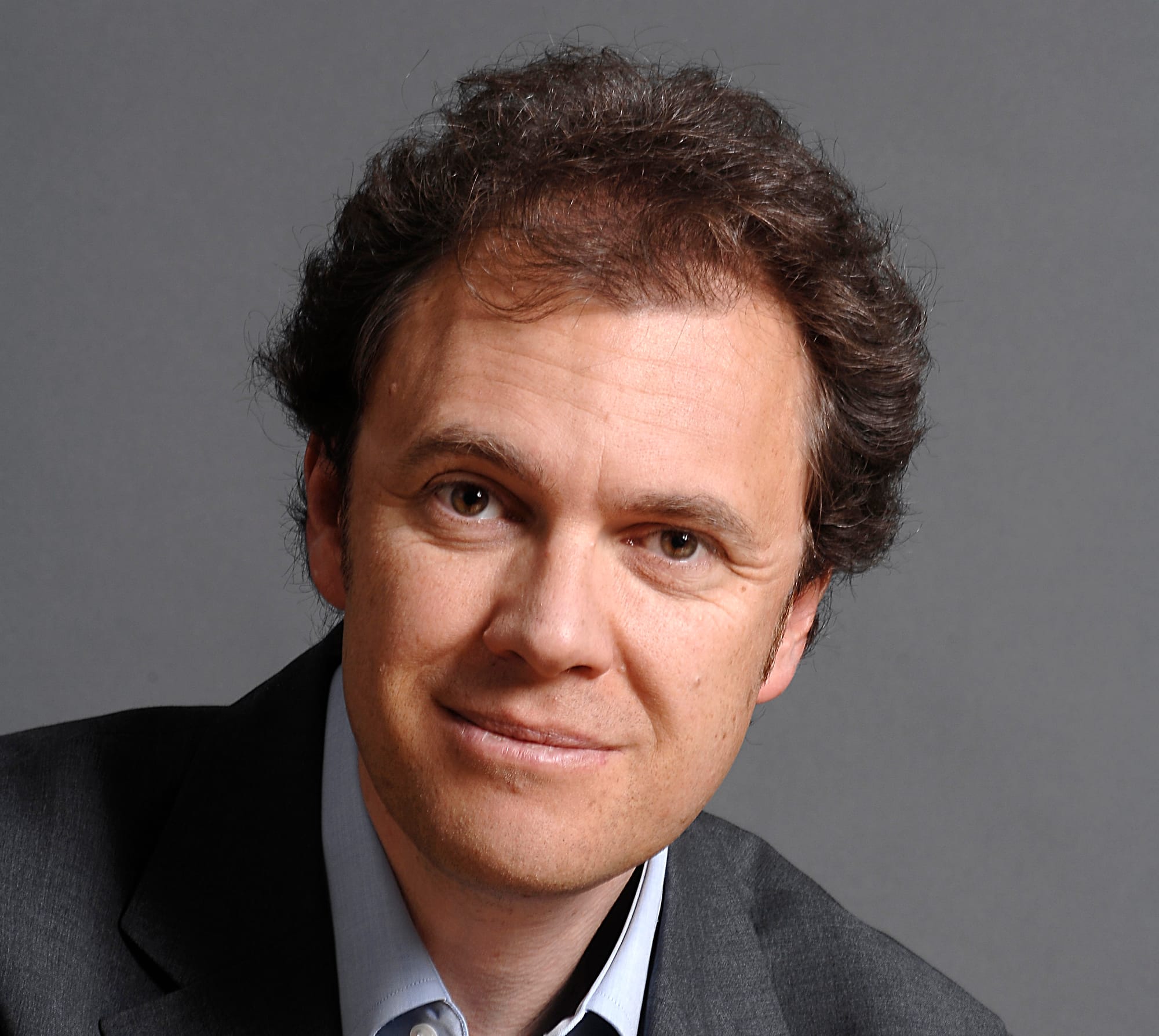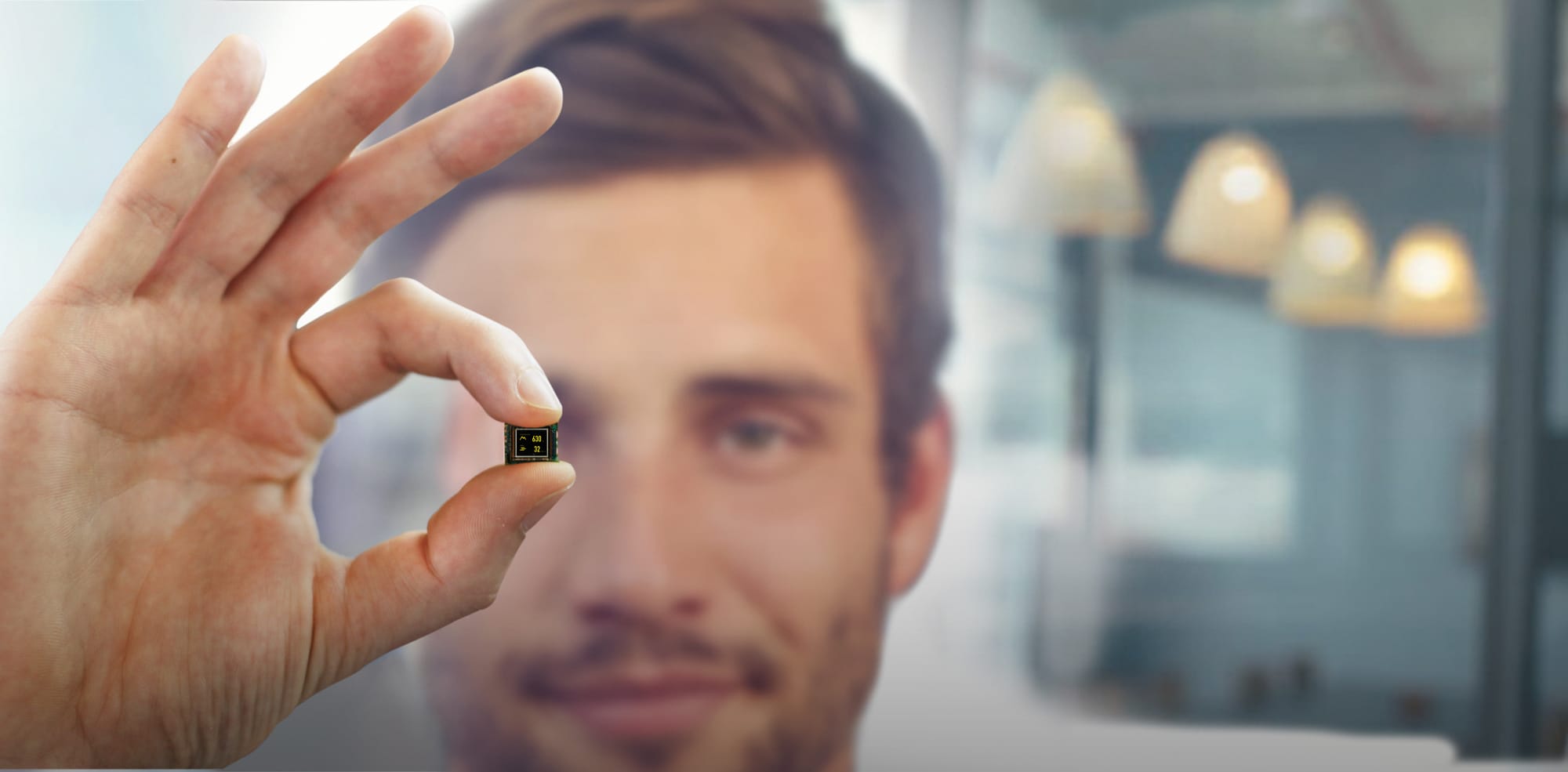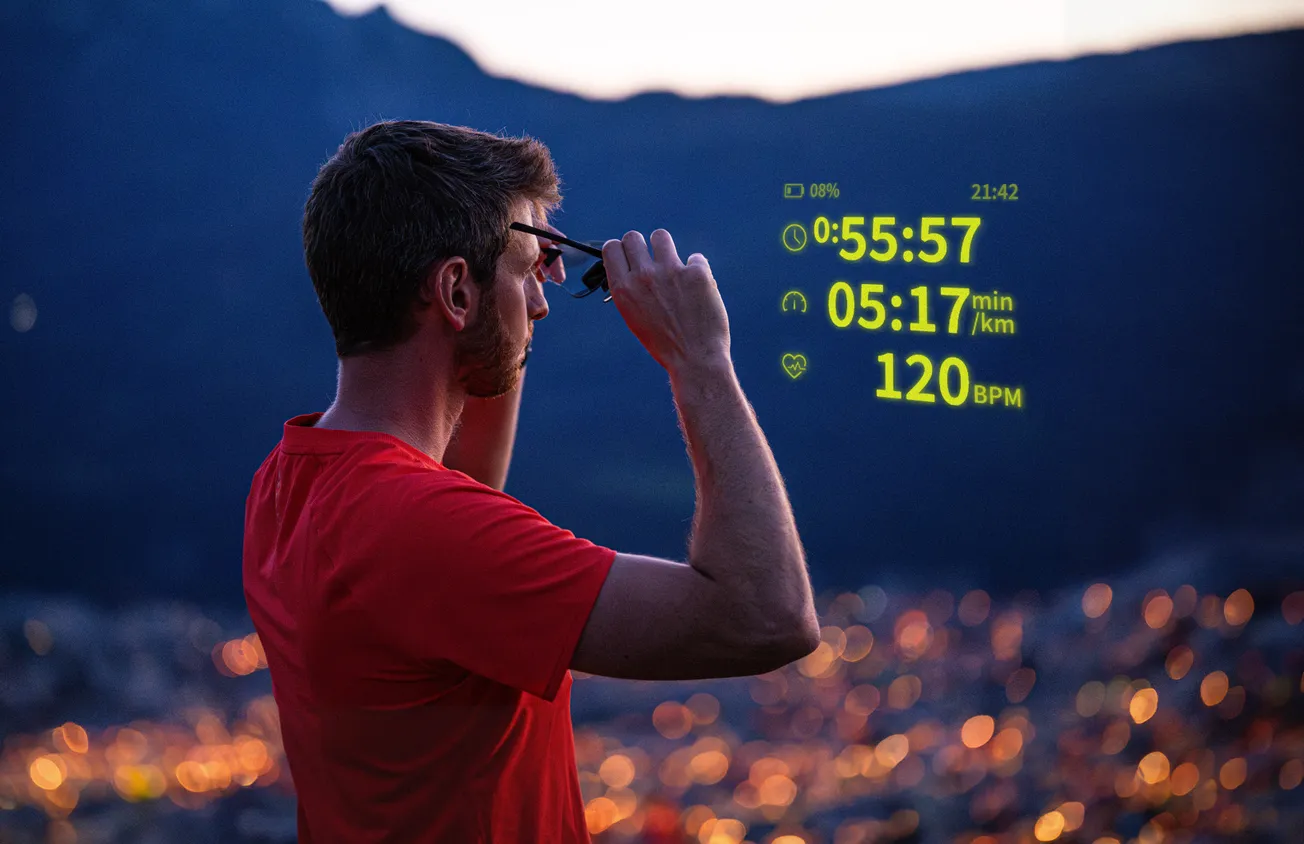In the high-tech hub of Grenoble, France, a small company has been quietly revolutionizing the technology behind augmented reality displays and professional optical equipment for over 16 years. Now Microoled is getting a boost from one of the semiconductor industry's biggest players to help realize its vision of ultra-lightweight AR glasses.
The company has received a strategic investment from Applied Ventures, the venture capital arm of Applied Materials, to accelerate the development of its next-generation OLED microdisplay technology. The amount was undisclosed, but it comes just months after Microoled raised €21 million in July 2023 from investors including Jolt Capital and Bpifrance.
Founded in 2007 by CEO Eric Marcellin-Dibon and CTO Gunther Haas as a spinoff from electronics giant Thomson, Microoled has established itself as Europe's leading manufacturer of OLED microdisplays. These tiny but powerful displays, which can pack laptop-screen resolution into a space smaller than a thumbnail, are used in everything from professional camera viewfinders to military night vision equipment.

The company's journey reflects broader shifts in Europe's Deep Tech and manufacturing ecosystems. When Microoled was founded, few venture capitalists were interested in hardware companies, especially in the semiconductor space.
"Nobody wanted to invest in hardware, and more especially in a semiconductor type of business," said CEO Marcellin-Dibon. That changed dramatically after COVID-19 exposed the strategic importance of semiconductor manufacturing, opening new opportunities for European deep tech companies.
Microoled's decision to locate in Grenoble, rather than Paris or other French tech hubs, proved prescient. The city's rich semiconductor ecosystem, including access to specialized clean rooms through the local technology park Minatec, has been crucial to the company's development, Marcellin-Dibon said.

Today, Microoled employs about 100 people and exports 97% of its production globally.
The company's technology addresses one of the fundamental challenges holding back the widespread adoption of AR glasses: power consumption. While tech giants like Apple and Meta are pushing toward fully immersive mixed reality with devices like the Vision Pro, Microoled is taking a different approach, focusing on ultra-lightweight augmented reality glasses that prioritize all-day wearability.









